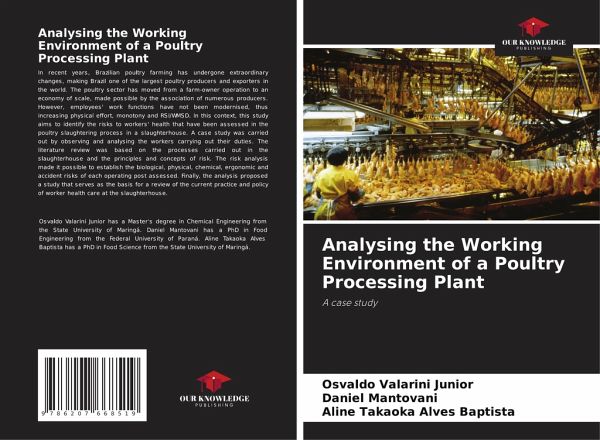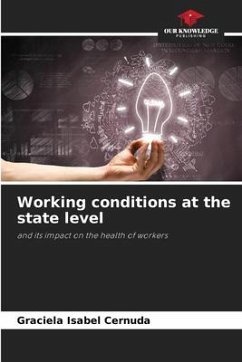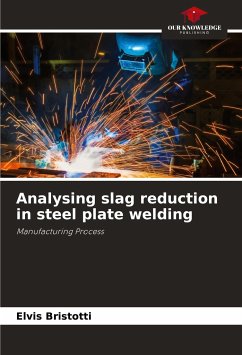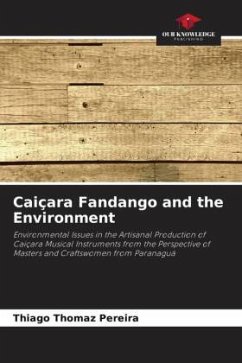
Analysing the Working Environment of a Poultry Processing Plant
A case study
Versandkostenfrei!
Versandfertig in 6-10 Tagen
27,99 €
inkl. MwSt.

PAYBACK Punkte
14 °P sammeln!
In recent years, Brazilian poultry farming has undergone extraordinary changes, making Brazil one of the largest poultry producers and exporters in the world. The poultry sector has moved from a farm-owner operation to an economy of scale, made possible by the association of numerous producers. However, employees' work functions have not been modernised, thus increasing physical effort, monotony and RSI/WMSD. In this context, this study aims to identify the risks to workers' health that have been assessed in the poultry slaughtering process in a slaughterhouse. A case study was carried out by ...
In recent years, Brazilian poultry farming has undergone extraordinary changes, making Brazil one of the largest poultry producers and exporters in the world. The poultry sector has moved from a farm-owner operation to an economy of scale, made possible by the association of numerous producers. However, employees' work functions have not been modernised, thus increasing physical effort, monotony and RSI/WMSD. In this context, this study aims to identify the risks to workers' health that have been assessed in the poultry slaughtering process in a slaughterhouse. A case study was carried out by observing and analysing the workers carrying out their duties. The literature review was based on the processes carried out in the slaughterhouse and the principles and concepts of risk. The risk analysis made it possible to establish the biological, physical, chemical, ergonomic and accident risks of each operating post assessed. Finally, the analysis proposed a study that serves as the basis for a review of the current practice and policy of worker health care at the slaughterhouse.














